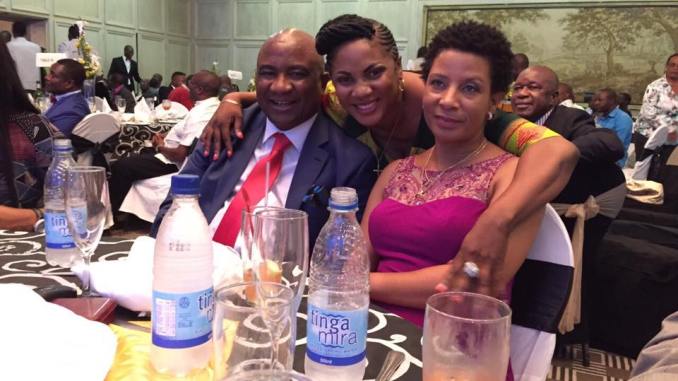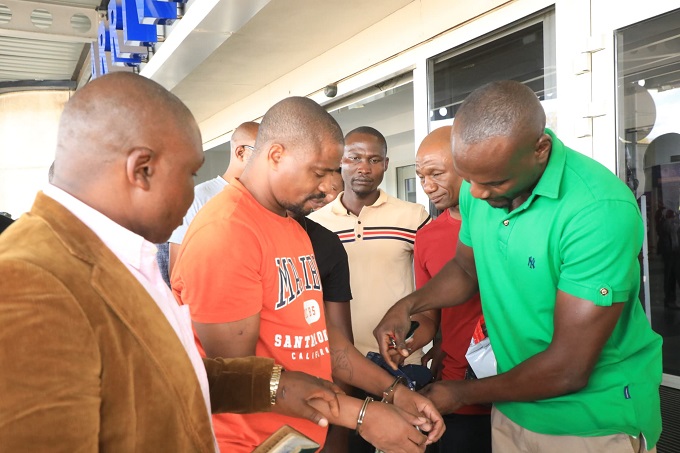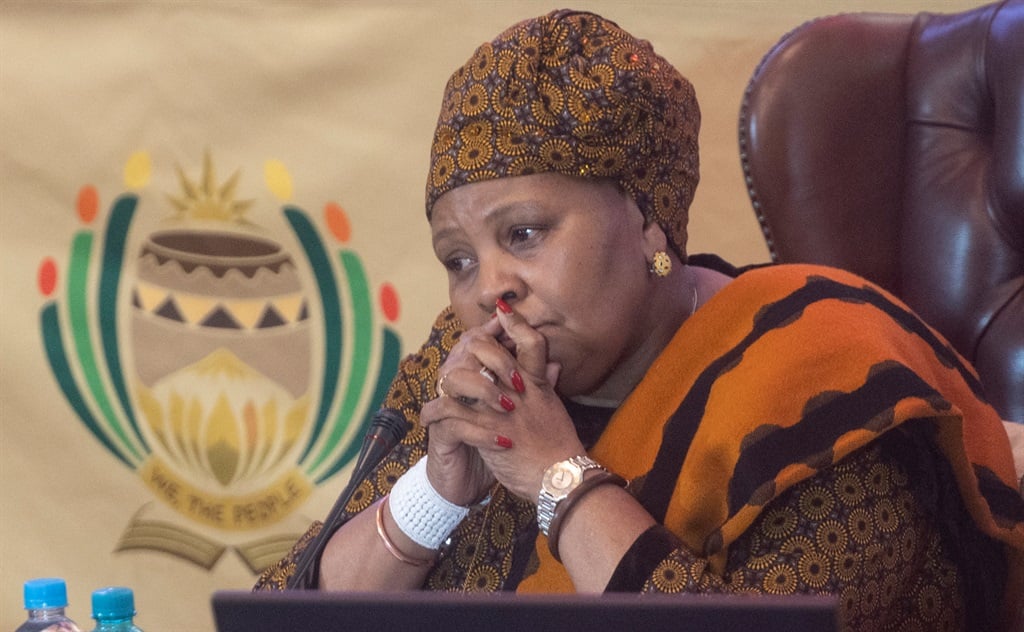
BUSINESSMAN-CUM-POLITICIAN Philip Chiyangwa recently told a court that he is paying maintenance for more than 50 children.
This came to light after his High Court appeal against a $40 000 maintenance order for two minor sons with estranged girlfriend, Pamela Rusere was recently dismissed.
Chiyangwa, was in June this year ordered by a Harare magistrate to pay $40 000 as maintenance for the minor children aged 13 and 7.
In addition to the cash, Chiyangwa was ordered to contribute school fees amounting to R49 172.83 per term towards the children’s education.
The football boss did not make an offer for the two sons placing his monthly earnings at $70 000 while conceding to sitting on a number of boards.

“He put his monthly earnings at a paltry $70 000 a month, while conceding to sitting on many boards.
“He did not divulge the income from these on the basis of the income being independent on dividends.
“He purported to have fathered 50 children and mentioned some for whom he pays maintenance in very cursory terms…the record does not show any evidence he produced in this regard apart from the names of the mothers of the children,” reads the High Court judge’s finding.
A joint decision by Justice Webster Chinamora and Emy Tsanga has now dismissed Chiyangwa’s appeal against the maintenance and partly upheld the school fees payment.
“The appeal is dismissed with regards to the claim for maintenance in the sum of $40 000 a month for the two minor children.
“The appeal is partly upheld with regards to the payment of school fees directly to the school in foreign currency in that order of the lower court is altered in paragraph (b) to read as follows;
“The respondent be and is hereby ordered to pay termly expenses being school fees for the minor children in the sum of R49 172.83 which shall be deposited into Rusere’s local bank account being Standard Chartered Bank, account number …. at the auction rate as at the day of payment.
“The order shall be with effect from the first term of 2020,” reads parts of the judgment.
In his grounds of appeal, Chiyangwa had accused the magistrate of falling into an error by ordering him to pay maintenance when he was responsible enough to maintain the same children.
Chiyangwa also queried why he was ordered to pay school fees in rand for children who were supposed to be in Zimbabwe but moved to South Africa without his knowledge.
He then challenged Rusere to provide the court with proof of the children’s stamped passports and proof of their residency in South Africa.
He claimed the court also failed to appreciate his efforts in consistently taking care of his children’s welfare and that the granting of the $40 000 wasn’t unjustified.
Chiyangwa said that he had other maintenance obligations and did not make an offer for Rusere’s children.
“Three grounds are addressed collectively under the fifth ground of appeal embodying the failure by the court below to follow principles and provisions of law relating to maintenance.
“The figure of $40 000 is said to have been arbitrarily arrived at without fully considering appellant’s other maintenance obligations.
“It is argued that the maintenance ought to be within his means,” ruled the court.
Rusere who runs a small taxi business in South Africa had told the court that even though Chiyangwa was paying school fees, he had stopped prompting the legal action.
“It was not in dispute that the respondent moved to South Africa after going there on holiday in 2015. It was not in dispute that the appellant has previously paid some school fees for the two minors whilst they lived in South Africa.
“The reason why the respondent said she had come to Zimbabwe was because one of the children had been pulled out of school when Chiyangwa stopped paying fees
“She had in fact come to reason with him,” the judgment reads.
“I assumed that respondent would fall out of his seasonal trance, but apparently, he went on like a drunken skunk until the minor children were dismissed from school, thus I had no option but to come to this honourable court to knock some sense in the respondent, but apparently he is hell bent on attacking my character,” Rusere submitted.
However, Chiyangwa had made it clear that he was not fighting for custody and was against the idea of breaking a culture the mother and the children had built in South Africa.
“Whilst Chiyangwa said they (minor children) were free to school here he could not simply impose his wishes as the non-custodian parent on her to materially disrupt the life that the children and the mother have built in South Africa.
“I note that Chiyangwa has stated that his school I stop of the range, and, according to him one of the best in Zimbabwe.
“Thus, he could just as easily allow the two places at his school to be taken up by the other children and the proceeds therefrom can go towards supporting schooling his two sons in South Africa where they live.
“It is obviously in the best interest of the children that they continue schooling and living with the custodian parent where they have been residing,” ruled the judge.
Claims that Rusere was married to another man and had other two children with one Kura Sibanda were also raised in court.
In 2013, through his lawyers, Chiyangwa offered to pay US$1 500 including school fees but a history of defaults was noted on the record.
Chiyangwa claimed he was incapable of paying the amount and had a belief that his estranged girlfriend was converting the money to her own use.
“According to Rusere’s affidavit in the court below giving rise to this appeal, in February 2019, Chiyangwa unilaterally chose to underpay the originally agreed sum of maintenance when he started paying R3 000 a month.
“Indeed from the evidence attached in the record, three payments of R3 000 were made in 2019 whilst another was made in January 2020.
“In 2019, a sum of R10 000 was made in July and another R4 500 in November, 2019.
“Critically therefore, the issue in casu was not about failure to pay maintenance but about neglecting to pay reasonable maintenance given what he been paying and the general lifestyle that the children are accustomed to.” – H-Metro




